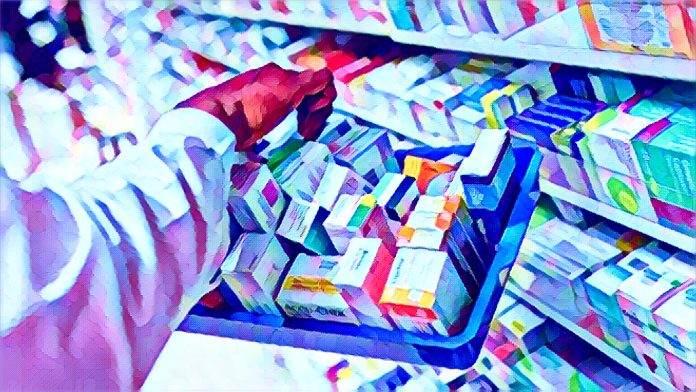A new policy introducing waivers on pharmaceutical imports in Nigeria is expected to significantly reduce the cost of drugs, providing much-needed relief to patients and healthcare providers alike. This initiative, announced by the Nigerian government, aims to make essential medicines more affordable and accessible across the country.
The waiver program, part of a broader strategy to overhaul the healthcare sector, will eliminate certain import duties and taxes on pharmaceutical products. By reducing the financial burden on importers, the policy is designed to lower the prices of both generic and branded drugs, ensuring that more Nigerians can access vital medications.
Health experts and industry stakeholders have welcomed the move, predicting substantial benefits for the healthcare system. Dr. Amina Abubakar, a prominent healthcare advocate, praised the initiative, stating, “This is a significant step towards making healthcare more affordable for Nigerians. Lower drug costs mean better access to treatment, which can improve health outcomes for millions.”
The high cost of drugs has been a persistent challenge in Nigeria, exacerbated by economic instability and inflation. Many patients have struggled to afford their medications, leading to poor health outcomes and increased pressure on public health facilities. By reducing the cost of importing pharmaceuticals, the government hopes to address these issues and enhance the overall quality of healthcare.
In addition to lowering drug prices, the waiver program is expected to stimulate local production of pharmaceuticals. The policy includes incentives for local manufacturers, encouraging them to ramp up production and reduce reliance on imported drugs. This dual approach aims to create a more sustainable and self-sufficient pharmaceutical industry in Nigeria.
Manufacturers have expressed optimism about the potential impact of the waivers. Adewale Adeyemi, CEO of a local pharmaceutical company, commented, “These waivers are a game-changer for the industry. Not only will they reduce costs, but they will also encourage investment in local production, which is crucial for the long-term development of the sector.”
The Nigerian government has also emphasized the role of regulatory oversight in ensuring the success of the program. The National Agency for Food and Drug Administration and Control (NAFDAC) will be responsible for monitoring the quality and safety of imported drugs, ensuring that only approved and effective medications reach the market. This measure aims to prevent the influx of substandard and counterfeit drugs, which have been a major issue in the past.
Economists predict that the waivers will have a positive ripple effect on the broader economy. Lower drug costs can lead to increased disposable income for households, as families spend less on healthcare. This, in turn, can boost consumer spending and stimulate economic growth. Furthermore, the development of the local pharmaceutical industry is expected to create jobs and contribute to economic diversification.
While the waivers are a promising development, some challenges remain. Ensuring that the benefits of lower drug costs are passed on to consumers will require effective implementation and monitoring. Additionally, the government will need to address potential revenue losses from the reduced import duties and taxes.
In conclusion, the introduction of waivers on pharmaceutical imports represents a significant step towards making healthcare more affordable and accessible in Nigeria. By reducing drug costs and encouraging local production, the policy has the potential to improve health outcomes and stimulate economic growth. As the program rolls out, the focus will be on effective implementation and regulatory oversight to ensure that the intended benefits are realized.
Source: Business Day Nigeria



